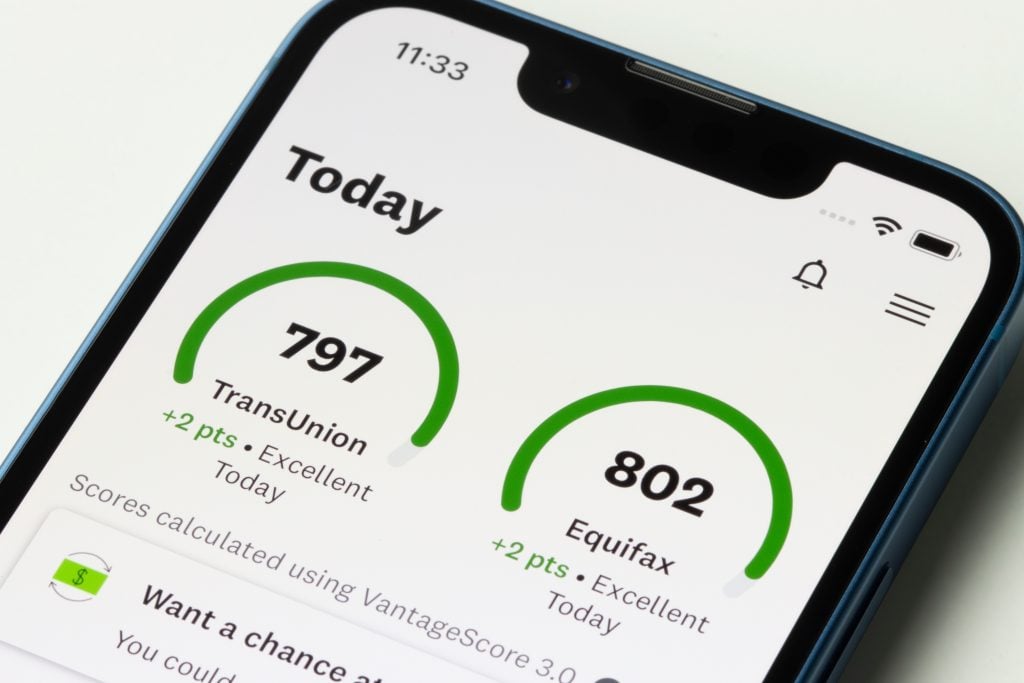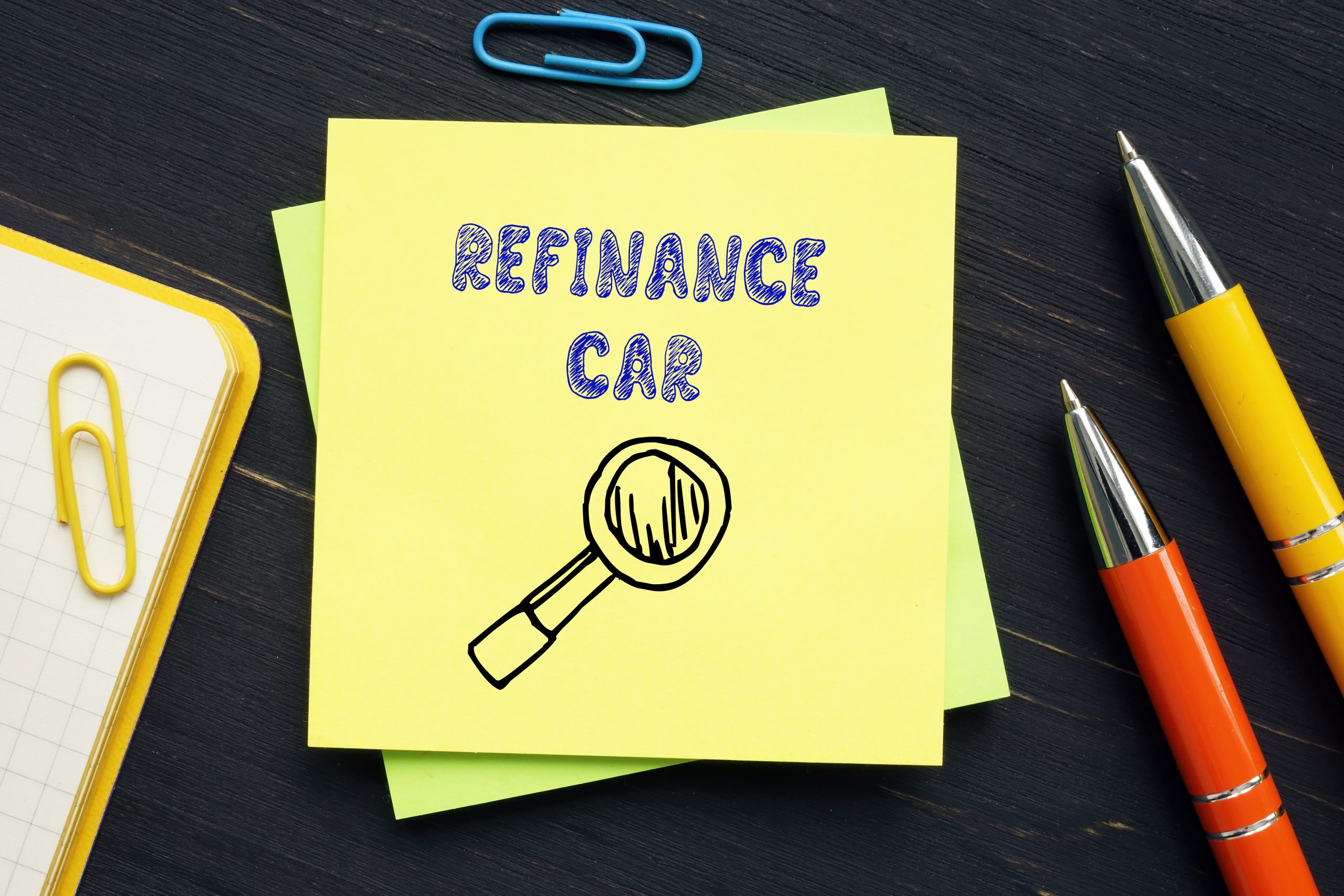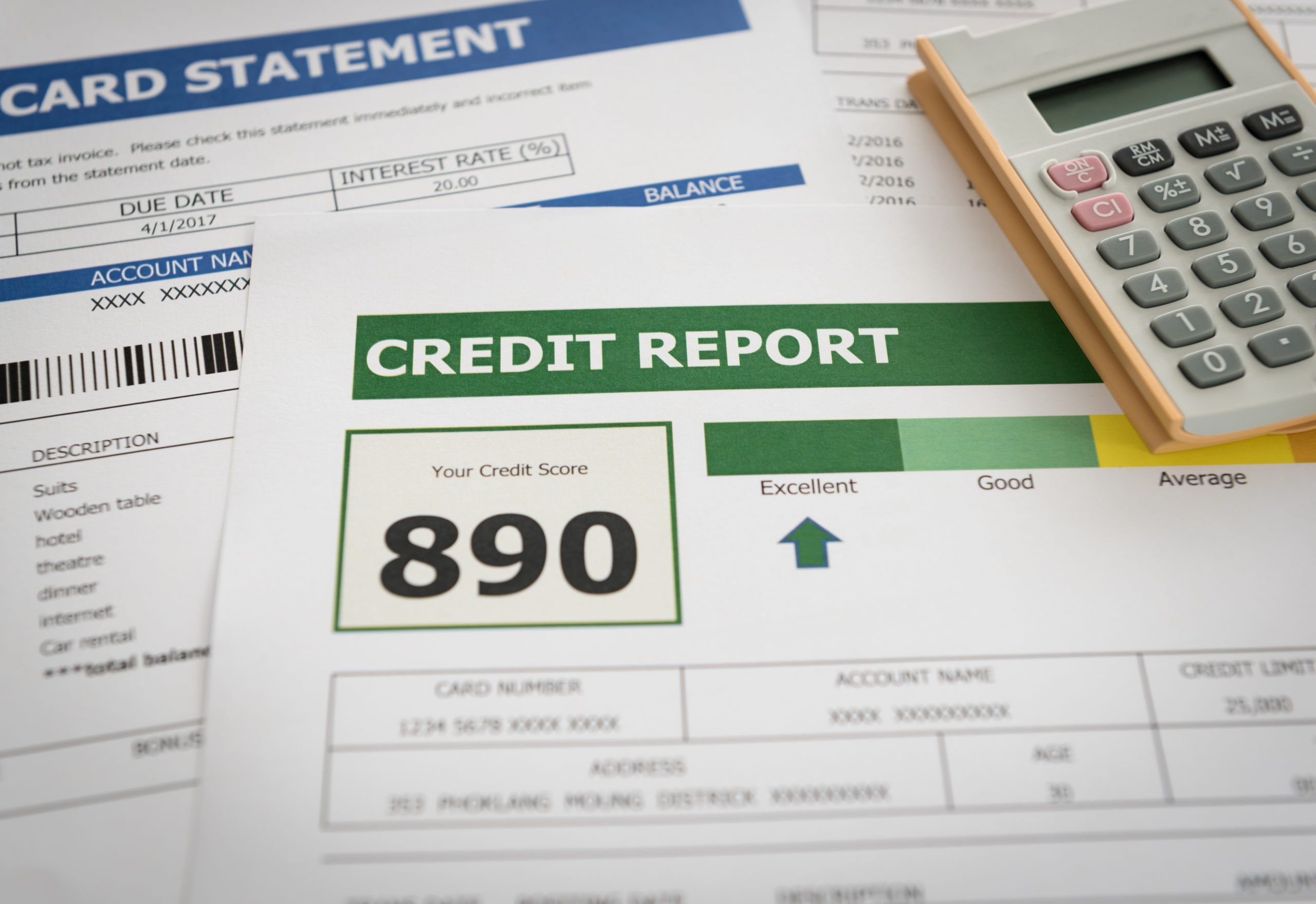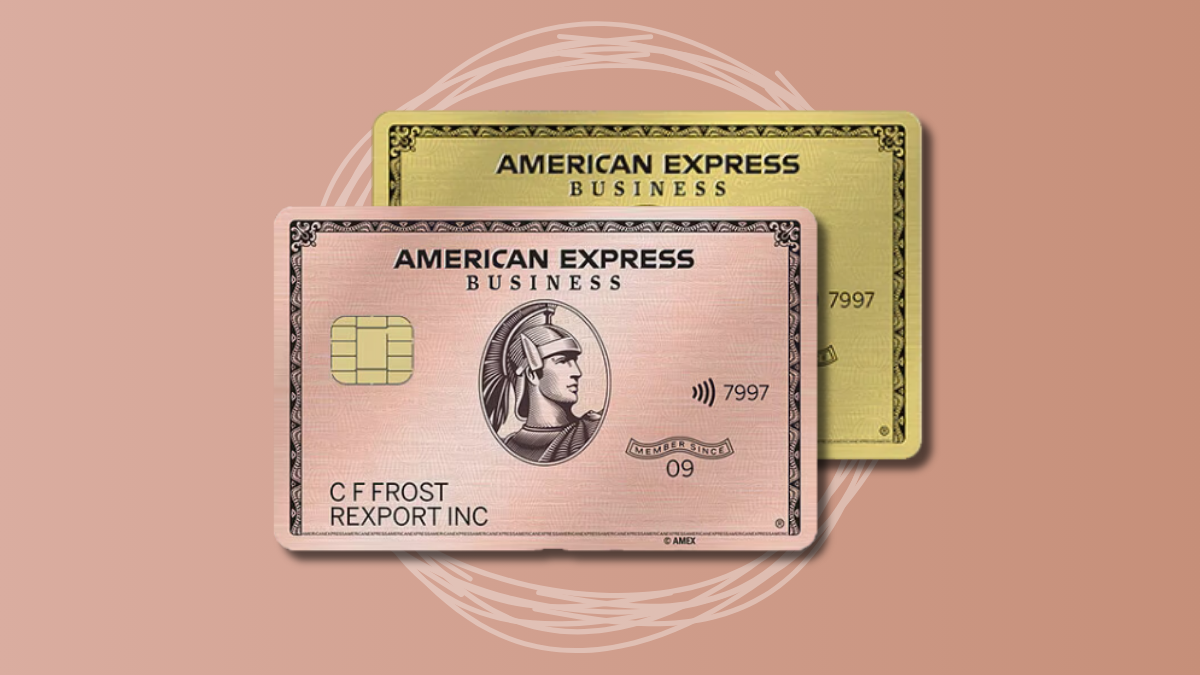Financial Education
TransUnion vs. Equifax: Decoding the Credit Reporting Giants
Unraveling TransUnion vs. Equifax Credit Scores: Discover the differences between these agencies and how they impact your financial standing. Keep reading!
Advertisement
Navigate credit reporting as we explain TransUnion vs. Equifax

Credit scores can differ between credit bureaus. Today we’ll dive into TransUnion vs Equifax and how they affect your credit score.

What is the lowest credit score possible?
Discover what is the lowest credit score possible and how it can affect your finances. Can you improve your poor score? Find it here!
So keep reading to find out more about their unique methods and other important factors to consider!
You will be redirected to another website
You’ll receive messages for less than 1 week, with a maximum of 1 message per day. You can unsubscribe anytime by replying STOP. By submitting this form, I confirm that I am 18+ years old and agree to the Privacy Policy and Terms and Conditions. I also provide my signature, giving express consent to receive informational messages via automated emails, SMS, MMS text messages, and other forms of communication. Message frequency may vary as part of our good-faith effort to respond to your inquiry. Message and data rates may apply. Text STOP to cancel. I understand that my consent to receive communications is not a condition of purchase and that I may revoke my consent at any time.
Advertisement
Main differences: TransUnion vs. Equifax
When it comes to credit reports and scores, there can be differences between the results provided by TransUnion vs Equifax, as they use different methods for analyzing credit.
So, let’s examine these differences more closely.
1. Credit score system
TransUnion uses the Vantage Score system to evaluate credit reports spanning 84 months, ranging from 300 to 850.
This system considers payment history, the amount of debt owed, the length of credit history, and other factors to determine the credit score.
On the other hand, Equifax uses the FICO score system, which ranges from 280 to 850, and evaluates credit scores from the past 84 months.
It focuses on payment history and the amount of debt owed when determining the credit score.
Then it explains why two credit scores from different bureaus may not match.
Advertisement
Example
Let’s say a borrower has a clean payment history but currently has a high debt load.
TransUnion may overlook the debt load and provide a higher credit score since the borrower has always made timely payments.
However, Equifax may consider the debt load a red flag and provide a lower credit score.
2. Credit monitoring
They provide credit score services, but there are variations.
Advertisement
TransUnion

TransUnion’s premium service costs $29.95/month. It offers:
- Credit score updates;
- Credit freeze options;
- Credit score simulation tools;
- Identity theft protection;
- $1M identity theft insurance.
Equifax
Equifax offers Equifax Complete for $9.95/month. It includes:
- Credit report monitoring;
- Score change alerts;
- Specific monitoring;
- Identity restoration support;
- Identity protection tools;
- Credit report freezinG;
- $500k identity theft insurance.
3. Credit report info
Equifax and TransUnion are among the three major credit reporting agencies.
These agencies receive information from lenders about consumers and businesses, but not all lenders report to all three.
As a result, each bureau may have different data, which can explain discrepancies in credit scores between bureaus.
Equifax collects scores from specific lenders, while TransUnion obtains scores from various sources.
How do TransUnion and Equifax gather credit information?
Credit reporting agencies such as TransUnion and Equifax play a crucial role in maintaining the financial records of individuals.
These agencies acquire credit info from sources such as banks, credit card companies, and other financial institutions.
This information is then compiled into credit reports, which lenders use to evaluate an individual’s creditworthiness.
Do TransUnion and Equifax provide the same credit scores?
TransUnion and Equifax use different scoring systems to calculate credit scores, which results in different scores from one bureau to the other.
That’s why your score can be higher in one bureau report than another. It happens due to diverse reasons, but mainly because of three reasons.

Can you get a credit card with no job?
Looking for a credit card without having to depend on regular employment? Read our guide, and discover how you can get a credit card with no job!
Credit-Scoring Models
Agencies such as TransUnion and Equifax have unique scoring models that consider similar factors, including payment history and active accounts.
However, the significance attached to these factors may vary across models. That is one of the reasons why these credit scores differ.
Information Disparities Among Credit Bureaus
Credit bureaus may have different sets of information about you. Not all credit-reporting companies have access to the same data.
Some lenders report your credit information to all three major credit bureaus, while others report to only one or two.
Additionally, lenders may update information at different times with different bureaus. This can result in variations in credit information between Equifax and TransUnion reports.
Importance of Comparing Scores from the Same Period
Credit scores represent your credit profile at a specific moment.
Since credit scores can change over time, comparing scores from the same period is important when evaluating credit bureaus.
How can you check your credit score?
You can check your credit score from TransUnion and Equifax by visiting their websites and signing up for credit monitoring services.
This can help you keep track of changes to your credit profile and better understand your credit score.
How often should you check your credit reports from TransUnion and Equifax?

It’s a good idea to check your credit reports from TransUnion and Equifax at least once yearly.
Then it can help you catch any errors or discrepancies impacting your credit score.
Also, if you’re planning to apply for a loan or credit card, you may want to check your credit report beforehand to make sure everything is accurate.
Are TransUnion and Equifax the only credit reporting agencies?
Those two are not the only credit reporting agencies. In the United States alone, there are over 50 such services.
Still, according to industry standards, the three major bureaus most lenders use to assess credit history are TransUnion, Equifax, and Experian (formerly known as TRW).
Other national credit reporting companies include Innovis Data Solutions Inc., CoreLogic Teletrack Inc., and National Credit Reporting LLC.
Also, local and regional service providers specialize in specific areas of the country for consumer credit-checking or debt recovery services.
Do TransUnion and Equifax offer credit monitoring services?
Both bureaus offer credit monitoring services.
These services can help individuals keep track of their credit scores and detect suspicious activity on their accounts.
It’s important to regularly monitor your credit to ensure accuracy and prevent identity theft.
TransUnion vs. Equifax: Which one is better?
It’s difficult to say which credit reporting agency is better, as each one has strengths and weaknesses.
However, it’s important to remember that they use different scoring models, so your credit score may differ.
It’s a good idea to check your credit reports from both agencies regularly to ensure accuracy.
Do you want to learn the best credit score to improve your buying power, qualify for top-notch loans, and receive greater rewards? Then keep reading to find out!

Credit score: top 10 questions answered
Do you ever wonder what your credit score is? Or how can you make it better? You're not alone! In this blog post, we'll answer some of the most common score questions!
Trending Topics

Learn to apply easily for the SoFi Mortgage
Do you want to apply for a mortgage with SoFi mortgage? Read on to a complete guideline that covers all you need to know.
Keep Reading
Refinancing a car: learn the pros and cons
Are you wondering what are the pros and cons of refinancing a car? Wonder no longer! Read our full article and learn more!
Keep Reading
Credit repair companies: worth it or not?
This article is about the pros and cons of credit repair companies. If you are considering using credit repair services, read this first!
Keep ReadingYou may also like

The most common myths about your credit score
There are a lot of credit score myths. Find out the truth behind the top five misconceptions people have. Read on!
Keep Reading
Gold benefits: American Express® Business Gold Card review
Read our American Express® Business Gold Card review and discover why this card is a must-have! Earn 70k bonus points and more!
Keep Reading
Learn to apply easily for the LendingPoint Personal Loan
Discover how easy it is to apply for LendingPoint Personal Loan and get the money you need in less than 24 hours. Read on!
Keep Reading